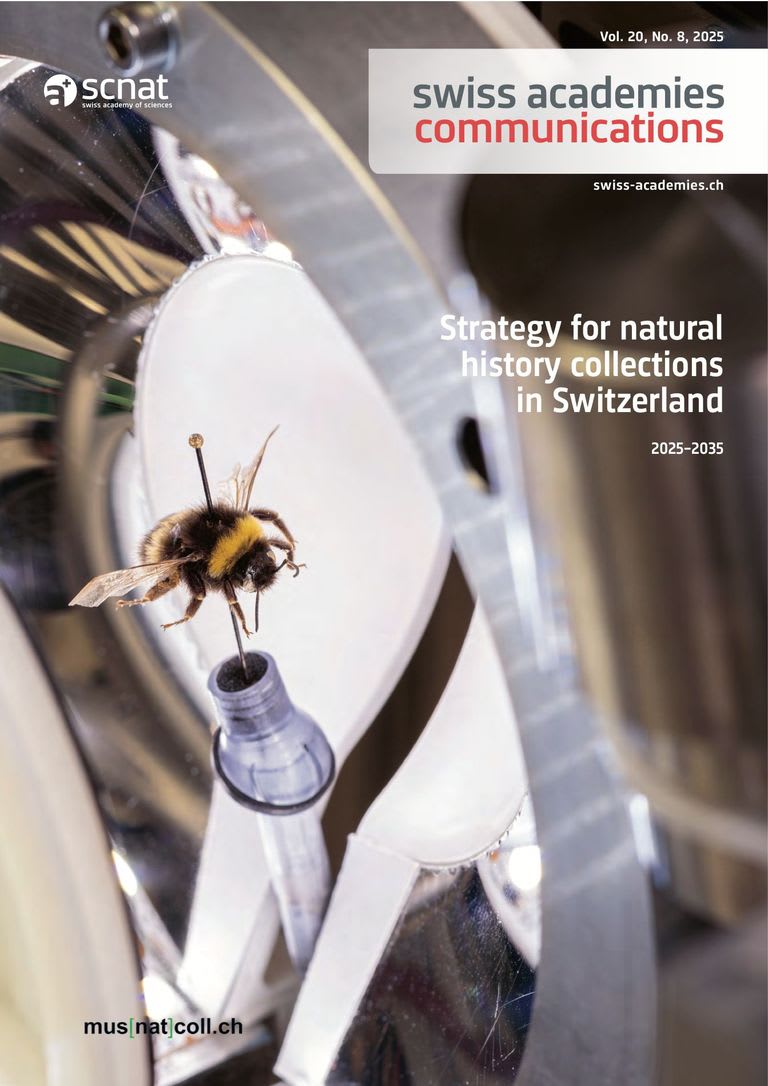Swiss Academy of Sciences SCNAT
How can local populations be won over to protected areas?
SWISS ACADEMIES FACTSHEETS, VOL. 15. NO. 5, 2020
What can the scientific literature tell us about the social acceptance of large-scale protected areas? Which recommendations for practice does it offer, and how can research help to advance our understanding of the social acceptance of protected areas in the future? These questions were investigated in a synthesis study.
A key factor for the acceptance of large protected areas like national parks or nature parks is communication that is tailored to the various target groups and happens through locally anchored people. Clear and transparent information about goals, plans, and opportunities for participation is equally crucial. The aim must be to develop a common vision with which local people can identify. This vision should be incorporated into the objectives of a protected area and implemented through concrete projects.
Michel AH, Wallner A (2020) How can local populations be won over to protected areas ? Swiss Academies Factsheet 15 (5).




